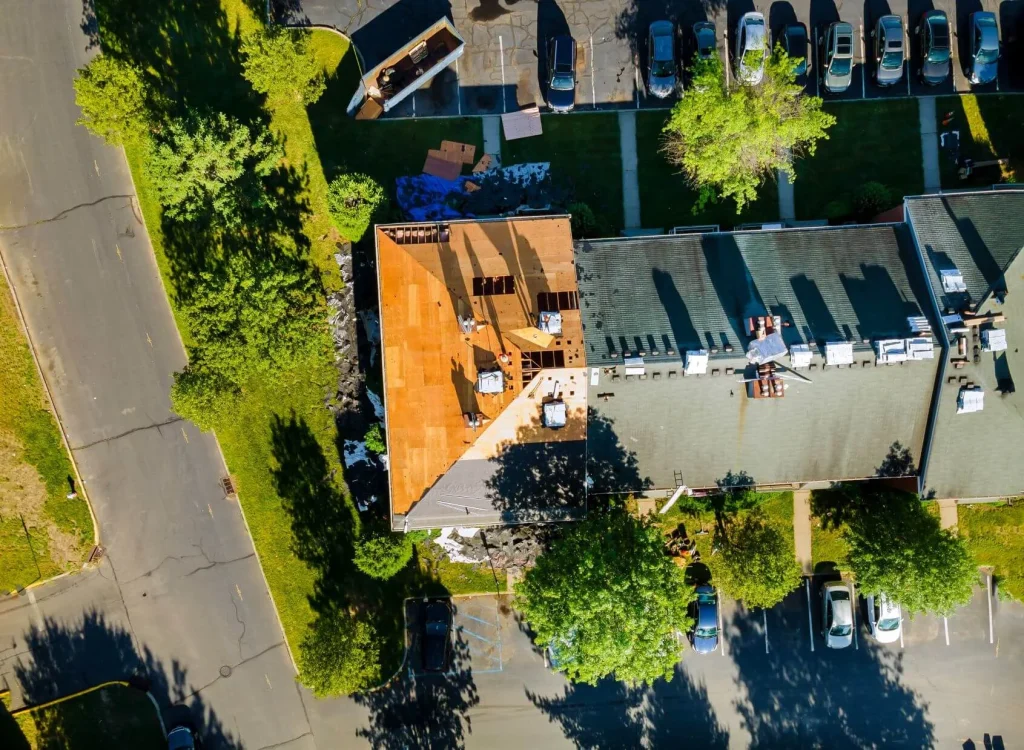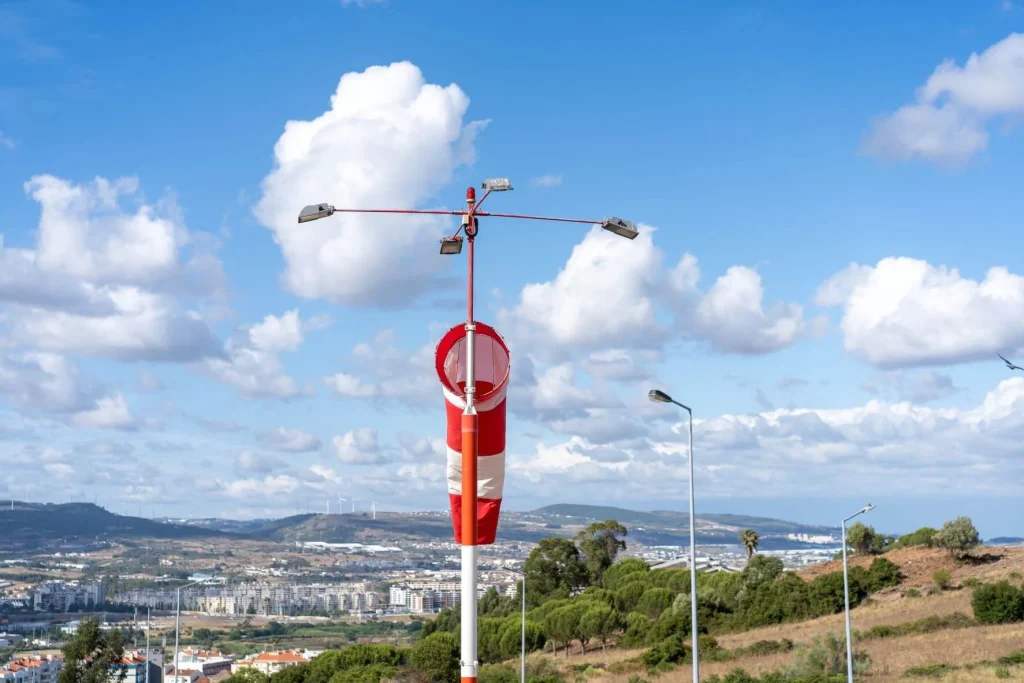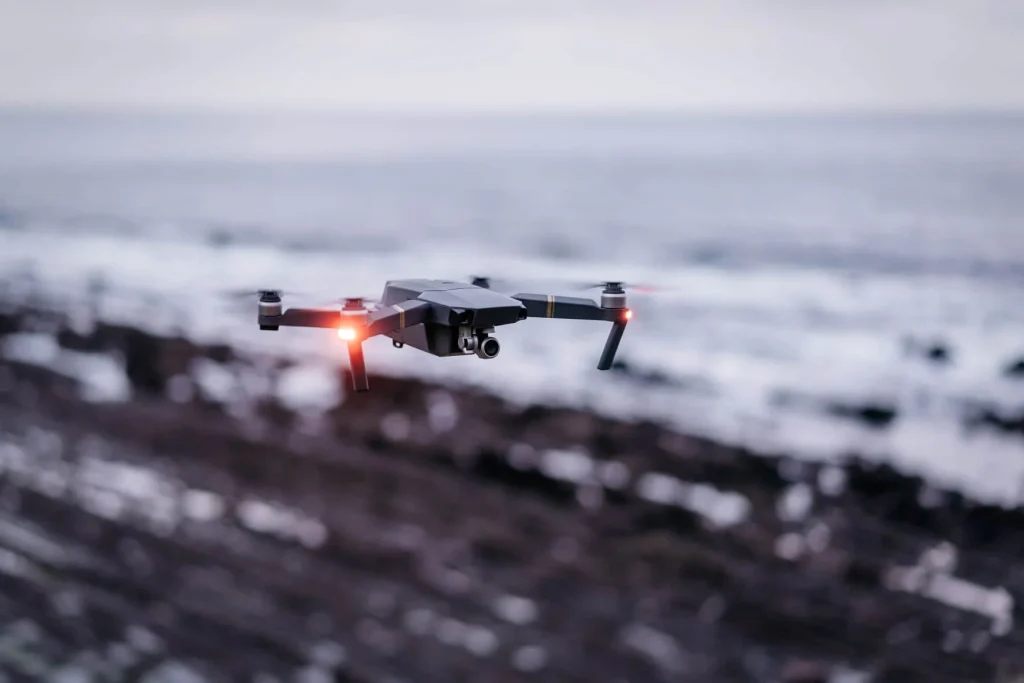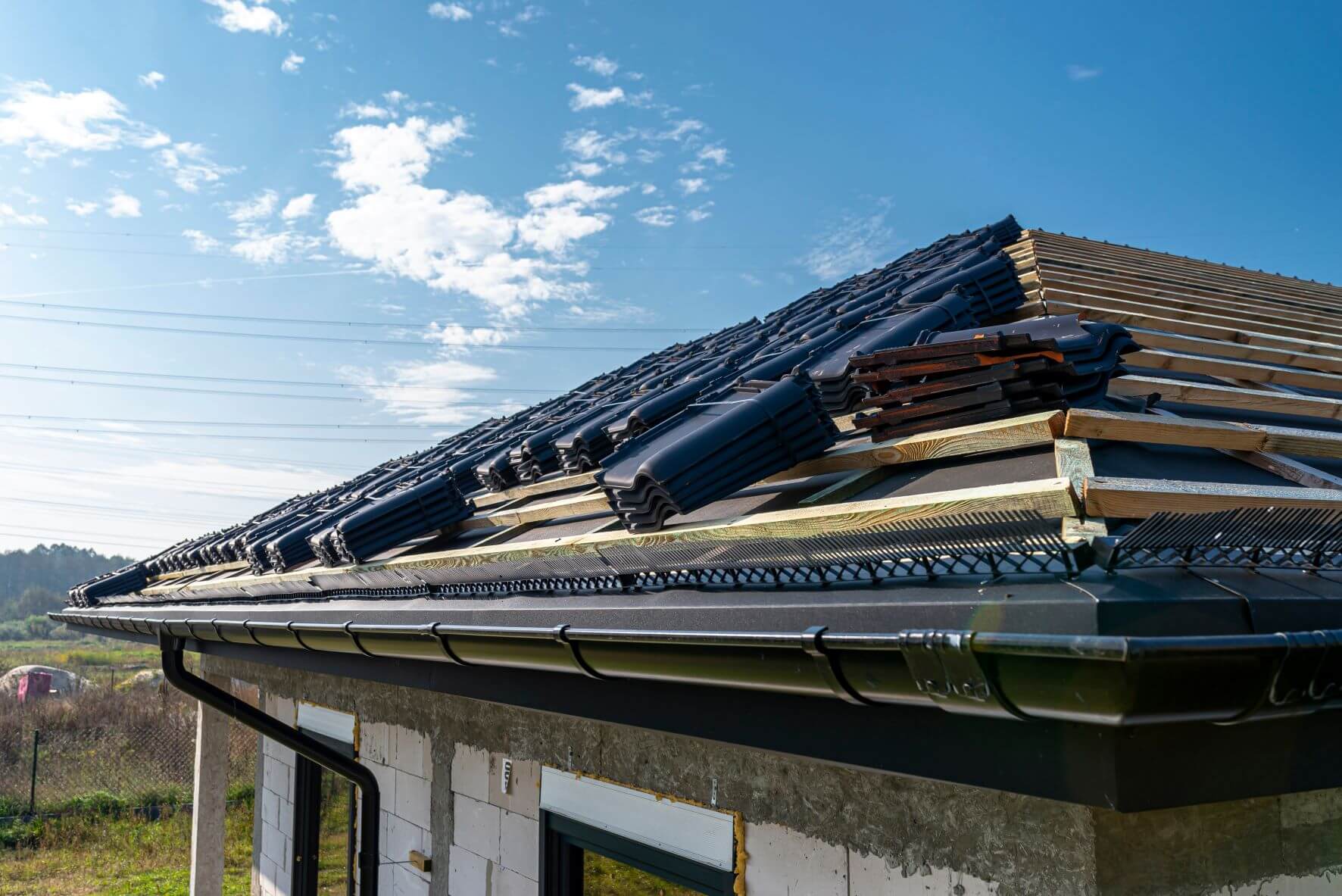Have you ever looked up and wondered, “Is the sky part of my house and lot” or “Is this aircraft invading my security?” There was a saying, “he who owns the soil, owns all the way to heaven and all the way to hell.” It was ideally a logic for airspace. However, in the 20th century, congress declared the airway as a public highway. Most people have come to think of airspace with the advent of drones in this generation.
Over the years the insurgency in question whether the airspace above their house and lot is theirs to knowing what airspace is, most landowners or homeowners want to know the limit to the airspace that they bought together with their land.
Because of recent legal laws or court decisions, aircraft can now fly over this airspace which concerns some of the owners about their security and privacy.
However, despite planes or aircraft operations being able to fly freely, there is an established air traffic control system that’s imposing restrictions on what aircraft can and cannot do.
Besides asking what airspace is, it is also important to know the procedures, protocols, and laws that concern airspace and air traffic control.
What is Airspace?
Airspace is the air rights or property above your house and lot or land. Ideally comes with the property you bought such as land, water, soil, and basically everything else.

Generally, owning a building or property allows access to the space above you with respect to your privacy and prevents anyone from interfering in your airspace. This is also considered air rights.
Air rights, however, are not continuous as mentioned, there are restrictions in accordance with zone laws and other airspace restrictions.
Air Traffic Control
When it comes to airspace, people wonder what restrictions are there and where does the airspace start and end?

In the Philippines, the ATCAMD, or Air Traffic Control and Airspace Management Department manages and supervises most of the air traffic services. Besides air traffic control communications, they are also operating traffic control and airspace facilities. They maintain, seek improvements, and frequently update the necessary equipment and materials to ensure the safety of airport flights. The air traffic control department’s responsibility is to also ensure updated research on policies concerning the country and its regulations.
Territory
When it comes to territory, they are responsible to operate given permission. The department also ensures that international or unidentified aircraft are flyings in restricted airspace
Air Traffic Control Services
The department has several divisions operating that oversee the controls for airspace management such as:
Temporary Flight Restrictions
- They facilitate and monitor altitudes such as take-offs, departures, etc.,.
- Updating safety protocols for both local and international restrictions
Standard Operation
- landing in international or local coast
- to ensure the aircraft reaches its designated route
- monitor domestic flight procedures
- airport safety and landing
Landing Operation
- authority on land zones
- possible danger when landing – pilots must exercise caution
- guide assist or support pilots during landing
- using red ad white lights visible to pilots for safety
Restricted airspace

It is important for homeowners to be aware of aircraft operations and that there must be an agreement with authorities for permission on the right to use. Activities in the airspace above your house and lot should be limited and strictly imposed on aircraft operations. Restrictions such as firing, hazardous operations, gunnery, missiles, and other hostile aircraft machinery. Restricted airspace ensures the safety of any territory and follows standard procedures to exercise caution.
If a developer or neighbor would like to use your airspace they must first seek permission. Before signing any agreements, make sure you have legal aid or advice. Airspace legal cases can be tricky, so it’s important to ensure that you are coming to a fair agreement. On the other hand, drones are becoming a controversy among airspace restrictions. The popularity of drones in the 20th century is a new topic for legal cases. Most drones fly over house and lot or neighborhood airspace without consent. In accordance with the drone law of the Philippines, drones are allowed to be used.
When using drones, they should fly remain at least 30 meters away from people or subjects not involved in your operation. They should also not be flying near schools, fire, or disasters, and should not leave your line of sight during operation. To operate drones commercially, it is necessary to secure a certificate from the CAAP (Civil Aviation Authority of The Philippines).
International Airspace
When it comes to international airspace, imposing restrictions on aircraft and helicopters is necessary, especially on foreign aircraft. They must follow a certain route on travels over countries without intervening in territorial airspace. This also ensures the security of landowners and their airspace which will result in the invasion of privacy.
Is it my airspace?
Generally, the atmosphere, airspace, and anything that covers the vicinity of your property or land is yours.

Besides aircraft operations being able to fly above your property, they are allowed to do so as long
Airspace Procedures
Zoning laws concern the limit or restricted airspace. Just because it’s above you cannot always mean you can construct or build it as part of your existing home or land.
You Can Buy and Sell Your Airspace
If there is one thing about airspace is that you can also opt to sell it or buy one. Airspace sells for a huge amount of money. Depending on the portion of airspace and the properties adjacent, the selling value for airspace is quite hefty. Generally ideal for those living in higher structures who do not want their views obstructed.
Easement Document Rights
Easement document right protects your rights as the landowner. It is important to know these laws that concern your airspace. Besides selling and buying, easement also protects your right to uninterrupted lights and avoids obstruction of view concerning your property. This also concerns access to your property in accordance with specific procedures. So if you are going to buy or sell your airspace can be done through an agreement such as monetary compensation.
Related Blog: Understanding the RESA Law and the Right-Of-Way Law


